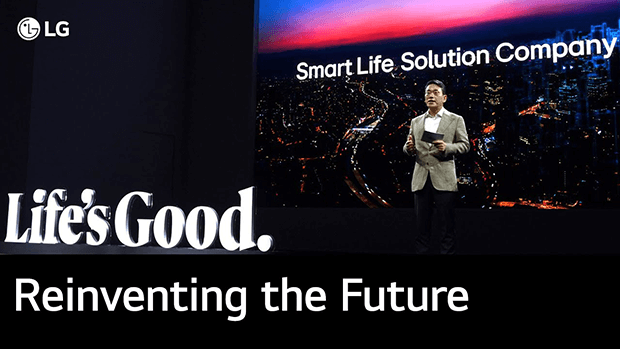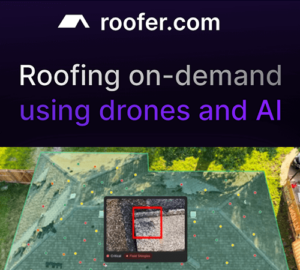
LG Electronics, the Korean electronics and appliances giant, has announced plans to invest $39.5 billion in research and development, facilities, and strategic investments. The company aims to reach $79 billion in sales by 2030, a significant increase from its 2022 sales of $51.4 billion.
A Shift in Strategy
The announcement marks a strategic shift for LG, which was once a major player in the smartphone industry. The company plans to transform from a home appliance and electronics goods maker into a platform-based tech company. This new strategy will see LG bolster service platforms on its home appliances like TV products and white goods, reinforce its business-to-business (B2B) units, and accelerate new growth businesses such as electronics vehicle (EV) charging and digital healthcare.
This strategic shift comes two years after LG closed its loss-making mobile phone business globally in 2021 to focus on growth areas such as smart homes, connected devices, the Internet of Things (IoT), B2B solutions, EV components, robotics, artificial intelligence (AI), and platforms.
A New Vision for LG
“LG will continue to pursue its bold vision to transform and lead forward as a smart life solutions company that connects and expands on customers’ spaces and experiences, rather than its current position as the best home appliance brand,” said William Cho, CEO of LG Electronics. “We will establish a brand-new LG by reinventing the way we work and communicate while progressing towards this goal.”
LG plans to offer webOS as a service platform provider, expanding beyond manufacturing and selling TV devices. The company sells nearly 200 million smart TVs equipped with webOS, offering customized advertising and TV and entertainment content from over 3,000 broadcasting channels and 2500 partners globally, including on-demand streaming platforms.
Emerging Sectors and Acquisitions
LG has been exploring emerging sectors through acquisitions, including ZKW, an Austria-based automotive lighting and headlight system provider; Alphonso, a U.S. ad tech firm; Cybellum, an automotive cybersecurity startup; and AppleMango, a South Korean electric vehicle battery charge developer.
The company has also set up an EV company called Vehicle component Solutions (VS) Company in 2013, which develops infotainment, telematics, and Advanced driver-assistance systems (ADAS).
In the digital healthcare business, LG will work with its internal startup incubator LG Nova in North America and is in the process of establishing a venture capital unit to back startups.
With this strategic shift and significant investment, LG Electronics is poised to redefine its role in the tech industry, focusing on platform-based solutions and emerging sectors to drive growth and innovation.






